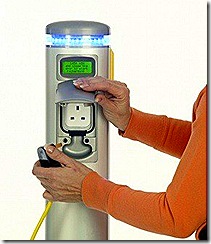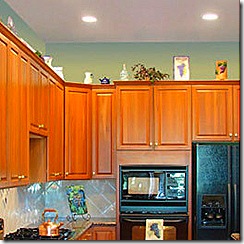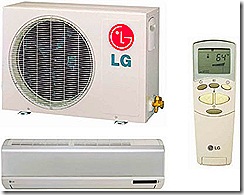Blu Homes, Inc. recently announced it has raised more than $7 million from private investors. The funds will be used primarily to support new product development, R&D and sales and marketing.
“This financing will be used to scale our business,” said Bill Haney, co-founder and president of Blu. ”The market for beautiful, green, healthy homes is sizeable and we have a unique product at a reasonable price that homeowners, developers and corporations across the country are buying. Our new 80,000 square foot facility in East Longmeadow, Mass. will allow us to meet the growing demand.”
Blu’s break-through information and building science technology allow Blu to economically design, manufacture and ship its green homes and buildings across the United States. Unlike modular homes Blu builds spaces up to 34 feet wide with ceiling heights up to 16 feet, so the designs are open, spacious and bright. Blu’s homes can be finished on site in a matter of weeks and are constructed of a steel/wood frame designed for extraordinary durability.
Blu offers residential and commercial designs and has delivered homes to families and businesses across the U.S. Blu’s buildings comes in a variety of models, sizes and floor plans, including studios, one-, two-, three- and four-bedroom homes and commercial buildings, all allowing for interactive customer design involvement.
Blu homes feature a unique combination of healthy, cool and green features designed to create a healthy living environment with a reduced carbon footprint. These features include low or no-VOC paints and finishes, recycled and recyclable materials, low-flow fixtures, energy star appliances, high efficiency heating systems and architectural characteristics that maximize passive heating and cooling.


























